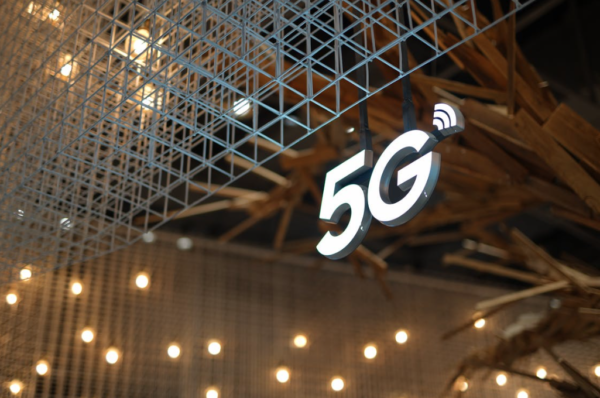UPDATE The European Union has been working to bolster the flailing 5G rollout among EU-based mobile network operators like Vodafone, Deutsche Telekom, and Telefónica. An outcome of that effort suggests the EU wants Big Tech’s largest platforms, namely the U.S.-based companies, Alphabet, Amazon, Apple, Meta, Microsoft, and Netflix, to help cover the cost of 5G deployments in Europe.
The EU argues Big Tech companies generate a disproportionate volume of mobile data traffic and should contribute towards the cost of building and operating the mobile networks to handle that traffic. To that end, the European Commission plans to present a new Connectivity Infrastructure Act in the fall, according to POLITICO.
The proposed legislation is a response to concerns both within the telecom sector and at the Commission that the bloc’s introduction of 5G wireless technology by the continent’s largest MNOs is “sputtering.” The EU risks missing its self-imposed targets to connect EU citizens with high-speed mobile and broadband services.
But getting high volume network users to help ease the burden on telecom operators has ignited a lobbying firefight between Big Tech and Big Telecom at the Commission’s Brussels headquarters.
If passed, the Act could include measures that oblige certain online platform services to contribute to the 5G costs, according to an anonymous POLITICO source, along with new efforts to lower the costs of broadband deployment. A Commission spokesperson declined to comment on whether the upcoming act will include direct obligations for platform giants to contribute to the costs of network infrastructure.
The EU executive’s chief officials on digital policy, Commission Executive Vice President Margrethe Vestager and Commissioner Thierry Breton hinted at the plans. Last month, Breton told Les Echos newspaper that telecom operators weren’t getting “the right return on investment” from maintaining the networks, and it was time “to reorganize the fair remuneration of the networks.”
In a letter sent to Vestager and Breton last week, five leading members of the European Parliament from center-left to right groups called on the Commission to step up their efforts to remove hurdles that prevent the telecom industry from investing in infrastructure and to incentivize “the roll-out of high-speed electronic communications networks” in Europe, POLITICO reported.
The new proposal will include a revision of the 2014 Broadband Cost Reduction Directive under “the current working title Connectivity Infrastructure Act,” the Commission spokesperson said. It will put into law guidelines outlined in the 2020 Connectivity Toolbox that the EU published to help countries speed up fiber and 5G deployment by adopting best practices for reducing network construction costs while having access to the spectrum needed for 5G capacity and coverage. The proposal will be accompanied by a recommendation on Very High-Capacity Networks and a revision of the broadband state aid guidelines.
European governments too are supporting the Commission’s intentions, writing in a joint position in May that “all market actors benefiting from the digital transformation” should assume their social responsibilities and “make a fair and proportionate contribution to the costs of public goods, services and infrastructures,” according to POLITICO.
At the same time, others are warning the Commission not to force tech firms to cover the costs of struggling telecom operators directly. Browser creator and digital rights advocate group Mozilla in a letter to Vestager and Breton last week, cautioned that the Commission was potentially endangering net neutrality and Europe’s open internet principles.
“We are alarmed by recent reports that suggest the European Commission is considering new rules that would oblige certain online service providers to make dedicated financial contributions to telecommunications network operators,” Mozilla Vice President of Advocacy Ashley Boyd stated in the letter.
By John Celentano, Inside Towers Business Editor





Reader Interactions